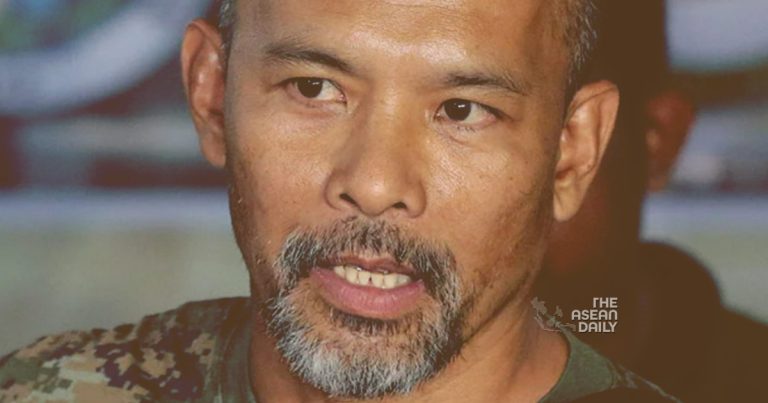30-6-2024 (MANILA) The Department of Justice (DOJ) has disclosed that it is aware of the whereabouts of Gerald Bantag, the former chief of the Bureau of Corrections (BuCor) who has been a fugitive for over a year. According to DOJ spokesperson Atty. Mico Clavano, Bantag has been hiding in remote areas, evading arrest for an extended period.
Clavano emphasized the DOJ’s cautious approach in handling the situation, expressing the desire to ensure that Bantag’s arrest is carried out peacefully. “We are well aware that he will not readily surrender, which makes it challenging to place our law enforcement agents in a precarious or dangerous position,” Clavano stated.
The spokesperson revealed that Bantag has not been confined to a single location during his time in hiding. “He has been moving between remote areas where he has supporters, so we hope that the execution of the arrest warrant can be carried out peacefully,” Clavano added.
The DOJ has expressed openness to negotiations should Bantag decide to surrender voluntarily. However, Clavano clarified that any conditions set forth by Bantag must be reasonable and accessible to any Filipino citizen. “We just do not want to accede to any conditions that are unfair or unjust. The conditions they propose have to be very reasonable, something that any Filipino can ask for,” Clavano explained.
Addressing rumors circulating from the camp of former BuCor chief Gerald Bantag, Clavano emphasized that President Ferdinand Marcos Jr. does not interfere in the case. “The President’s directive is clear: ensure that the case is handled properly and that the right thing is done,” he stated.

Turning to another high-profile case, Clavano shed light on the arrest of Pastor Apollo Quiboloy, which is now in the hands of law enforcement agencies. Cases have been filed against Quiboloy, and an arrest warrant has been issued, but his apprehension remains pending.
“The role of the DOJ at this time was to file the case against the pastor. Since he has not been arrested yet, we have to leave it up to the law enforcement agencies to do their job,” Clavano said. “Once the warrant of arrest is fulfilled or satisfied, that’s the only time the DOJ will come again and prosecute for the charges.”




